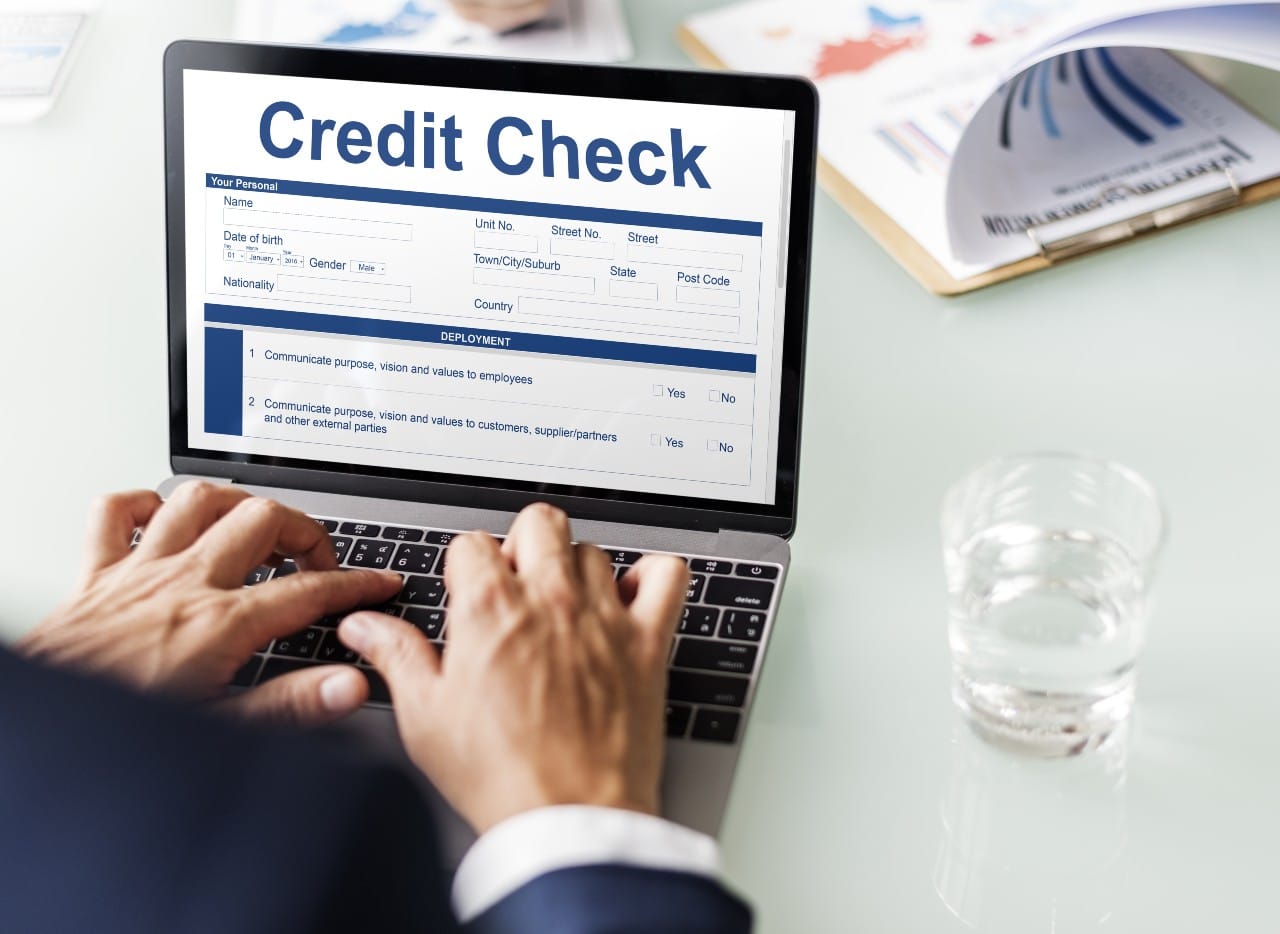Needing help with credit repair is common today. Anyone can end up with bad credit. It happens to most of us at one time or another. No matter how hard you try to pay your bills on time, life can sometimes get in the way. One missed or late loan payment can have a negative impact on your credit score. As soon as a credit reporting agency hears a peep about a missed or late payment, your credit score gets a ding.
These days good credit is essential. Your credit score not only affects your eligibility for loans, it also has a negative impact for rentals, jobs and practically everything else in your life.
Your credit score is considered a personal reflection of your personality. This is totally unfair, but credit card companies have been shafted so many times, they aren’t ready to take a risk on anyone, and bad credit leads them to believe you are irresponsible or careless. Luckily, you can rebuild your credit! And it’s not nearly as difficult as you may think.
What is Credit Repair?
Credit repair, just as it sounds, is the process of repairing a poor credit rating. You should fix your credit before you apply for a loan. Your credit rating can deteriorate for a variety of reasons. Repairing your credit can be as simple as correcting inaccurate information. However, damage incurred by identity theft may require more extensive work.
There are many credit repair companies that can help clean up bad credit reports, but there is a lot you can do on your own. You can request a free credit history report every 12 months and if anything looks fishy, you can file a dispute.
What Causes Bad Credit?
There are all sorts of circumstances that can lead to a bad credit rating. Some things are avoidable, while others are not. The main causes of bad credit include:
- Identity fraud – someone steals your credit cards or other personal information and makes charges in your name
- Errors on your credit report – mistakes do happen from time to time
- Reporting issues – you may have made a payment, but it was not properly credited, so you are tagged with a missed payment
- Old items that keep showing up on your reports – the debt may have been erased, but still keeps showing up on your report
- Duplicate reporting – one missed or late payment may be reported twice
- Irresponsible use of your credit cards – spending more than you can afford to repay
- Defaulting on loans – not making payments on time or not making payments at all
- Consumer proposals – an offer to pay a percentage of your debt or ask for more time to pay what you owe
- Bankruptcy – when all else fails and you have no way out, you can file for bankruptcy, but this will leave a bad mark on your credit for at least 5 years
- Credit repair loans – you may be able to get a loan to consolidate your debts
How to Repair Your Credit
Repairing your credit can take a long time – sometimes years. The process is more about rebuilding or re-establishing your credit rather than simply “fixing” the problem. Fixing sounds like a quick solution, but aside from a few exceptions, the process is rarely quick or easy. Start the process with these steps:
- Get a current copy of your credit report from the credit bureaus
- Look for errors in personal info and financial data
- REMOVE ALL ERRORS
- Apply for a secured credit card with a low credit limit – this is a very good start to rebuilding your credit
- Pay down your debts
- Pay all of your bills on time every month
- Apply for a low-interest rate consolidation loan
DIY Credit Repair
You can take steps to improve your credit score on your own. First, get a current credit report from at least one of the two major credit bureaus: Equifax and TransUnion. Examine it carefully for any mistakes or improper charges. Then write the credit reporting company and list all the information that you believe is inaccurate. Also, enclose copies of documents that support your claims and any additional supporting information you have. Then request that your credit report be corrected. Send the letter by certified mail to be certain that the credit bureau received your letter.
Credit reporting companies have around 30 days to investigate your claim unless they deem it frivolous. If your charges are incorrect, the investigating entity must report that information to both major credit bureaus.
Should I Pay to Use Credit Repair Services?
A DIY approach can often solve small disputes, but you may need a credit repair service to handle the major disputes. Before using a credit repair service, check its credentials through the BBB and online reviews. A reputable credit repair service will contact credit reporting agencies on your behalf to correct any errors or inaccuracies. They work to remove mistakes and negative items or help you secure a credit repair loan. These services can make a big difference in your credit score, but remember, they can’t change or erase information that is accurate.
Know Your Rights
Many credit repair companies are “here today, done tomorrow” operations. Instead of helping to improve your credit score, all they do is take your cash. You have legal rights. It’s important to know your rights before hiring one of these agencies.
- It is illegal for a credit repair service to accept payment in advance, security for payment or to charge you a fee unless they have directly improved your credit file. For example, if they find an error, correct the error and thereby improve your score.
- A credit repairer cannot promise a material improvement before they have examined your credit report.
- You have a 10-day grace period to change your mind, starting from when you give them a copy of the agreement that meets all legal requirements.
- The credit repair company must provide you with a written, dated contract.
- It is illegal for credit repair companies to make false or misleading claims.
Beware of Malicious Companies
A desperate financial situation can lead you to make rash decisions, which can make a believer out of even the biggest skeptic. And that is exactly what credit repair scammers are counting on. Beware of these red flags:
- Asking for payment upfront. This is where most of the scammers break the law. Because of more consumer awareness, they have found loopholes. For example, they will give you a guide or tablet that never works, and then say that payment or fee is for this product.
- Offering instant approvals for loans or credit cards. Legitimate companies will not approve any type of credit product without looking into your current financial situation and credit history.
- Requesting gift cards as a form of payment. Legitimate companies do not ask for gift cards.
These are only a few of the scams out there. You can repair your credit. In some cases, a credit repair company may be able to help, but stay vigilant. Don’t get taken in by a scammer.
FAQs
Q: How long does credit repair take?
Credit repair can take just a few months or several years. The time frame depends on the state of your credit and if you have incorrect charges that can be removed.
Q: How much does credit repair cost?
Credit repair costs far less than dealing with bad credit. Some clients get almost immediate financial relief by paying modest fees.
Q: Is credit repair legal?
Credit repair is absolutely legal as long as the company follows Canadian and provincial laws.
Q: What do credit repair companies do?
Credit repair companies offer credit monitoring, credit counseling, debt consolidation and debt settlement.



